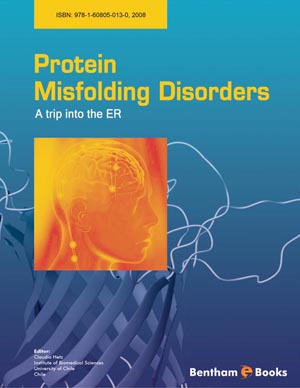Abstract
Recent evidence supports a neuroprotective role for Wnt signaling in neurodegenerative disorders such as Alzheimer´s Disease. In fact, a relationship between amyloid-β-peptide induced neurotoxicity and a decrease in the cytoplasmic levels of β-catenin has been observed. Apparently, Aβ binds to the extracellular cysteine-rich domain of the Frizzled receptor inhibiting Wnt/β-catenin signaling. These studies indicate that a sustained loss of Wnt signaling function may be involved in the Aβ-dependent neurodegeneration observed in Alzheimer’s brain. So far, we have demonstrated that activation of Wnt signaling protects neurons against neurotoxic injuries, including both amyloid-β fibrils and Aβ oligomers by using either lithium, an inhibitor of the glycogen synthase kinase 3β, or different Wnt ligands. In particular, the activation of non-canonical Wnt signaling was able to protect postsynaptic regions and dendritic spines against Aβ oligomers. In conclusion, the activation of the Wnt signaling pathway could be proposed as a therapeutic target for the treatment of AD.






















